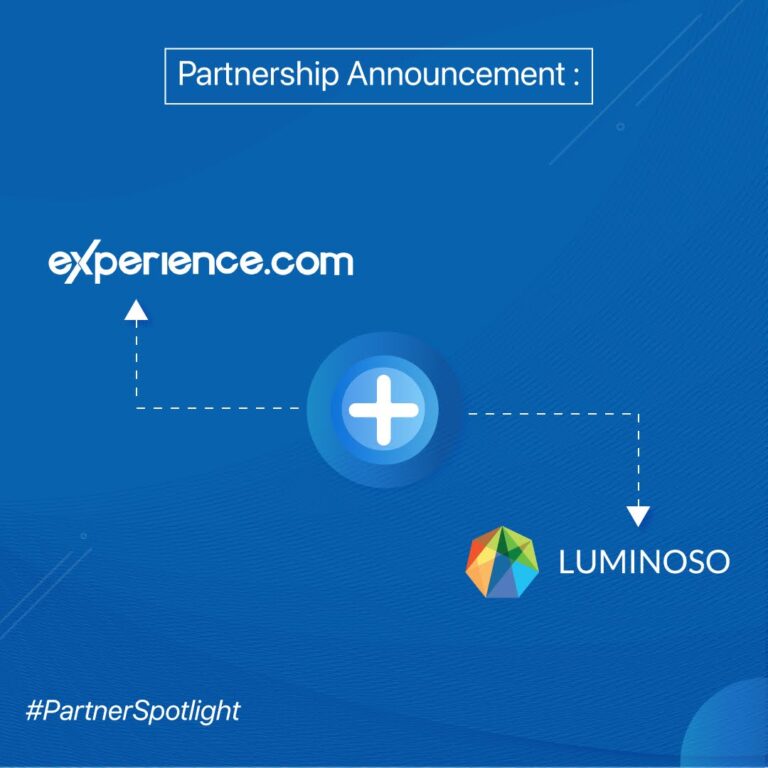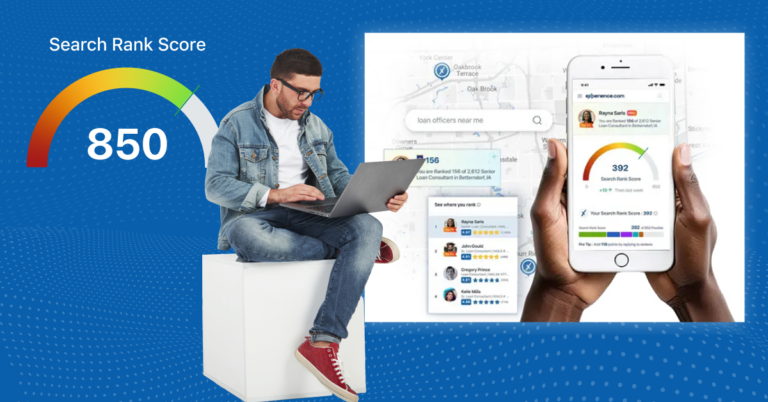The online landscape for Reputation Management continues to evolve, and is becoming more and more important. Consumers are demanding they see reviews on the platform of their choice and there is a lot of competition in that space now.
The word is out that online reputation is not just a ‘nice thing’ to have—it’s essential to your company’s success. Brands need to manage their online reputation, but so do locations and frontline employees. There’s an evolution going on, with a focus on winning local.
And so, a brand must ask themselves these questions:
1. What can I do to ensure that the true voice of my customer is represented in the right place at the right time for my future customers to find?
“Trust me, we’re great to work with!” is not good enough any more. The majority of consumers are looking at reviews to understand what kind of experience to expect with your brand. Will they find reviews about your company? If so, do those reviews portray the kind of company you want to be? If you don’t focus on online reputation management, unhappy customers will certainly do it for you. Are you regularly engaging with those reviews to thank your happy customers and take action to resolve negative feedback?
2. What can I do to ensure that my frontline teams feel engaged with management of their online reputation at a local level to actively win new business?
When thinking about your customer experience, employee experience is a critical piece of the puzzle. The impact on your customers from disengaged employees can be devastating. Disengaged employees and a resulting poor service experience could turn into negative reviews and a hit to your company reputation. That’s why understanding the voice of your employees is important, so you can monitor how your team feels. Happy employees = happy customers = more reviews. That’s the formula to winning locally.
3. Can my online reputation actively do some heavy-lifting in the online advertising space?
Start with a search for your business. What do you see? Does your business run online ads? If so, are you actively monitoring those ads? Online advertising is a great way to share your brand voice with your audience. Understanding your customer pain points and messaging your advertising to share how you address those pain points is a great way to build a strong brand reputation. Highlight strong customer reviews in your advertising to show consumers you can be trusted.
4. Is information about my business easy to find and is it accurate?
Management of your online reputation is not a simple box-checking process. Keeping your company data accurate on the web is one very important piece. Understanding what people are saying about you is another piece. Are you able to keep an eye on what employees are saying about you? Are they posting replies or posts that are out of your guidelines? Depending on your industry, you could fall out of compliance or even be fined for posting certain things. When you think about online reputation management, make sure you aren’t picking a “box-checking” solution. Find a partner who can help you manage your full online presence, reviews, listings, social media, and more (We might know someone…)
5. What does ‘active’ Online Reputation Management look like for my brand throughout my organization?
For enterprise organizations, there are multiple tiers of your brand. From the overall brand, to the region, to individual locations, to teams, to individuals, it is important to understand how this structure, the hierarchy of your company, impacts your reputation. While consumers may have positive feelings towards the brand, do you know how they feel about your locations? In a real estate company for example, the way people feel about individual agents is another tier of that reputation hierarchy. Dig into the different layers of your business and the reputation tied to each of those tiers.
Here are some stats to make the argument for ‘active’ Online Reputation Management throughout your hierarchy.
- 90% of consumers read online reviews before visiting a business
- Online reviews have been shown to impact 67.7% of purchasing decisions
- 84% of people trust online reviews as much as a personal recommendation
- 74% of consumers say that positive reviews make them trust a local business more
- Every one-star increase in a Yelp rating means a 5 to 9% increase in revenue
- 82% of Yelp users said they typically visit Yelp because they intend to buy a product or service
While Online Reputation Management that results in reviews is a great starting point, you have to do more. Asking deep questions for your brand right from the beginning will tie your reputation management to frontline employee engagement at a local level.
At Experience.com, we’ve had a long held view that if you don’t actively manage your online reputation, your unhappy customers will do it for you. If you are ready to move from non-management, or even if you are monitoring your online reputation, and are wanting to employ active management of your online reputation, contact us for an enterprise solution with Experience.com.

















